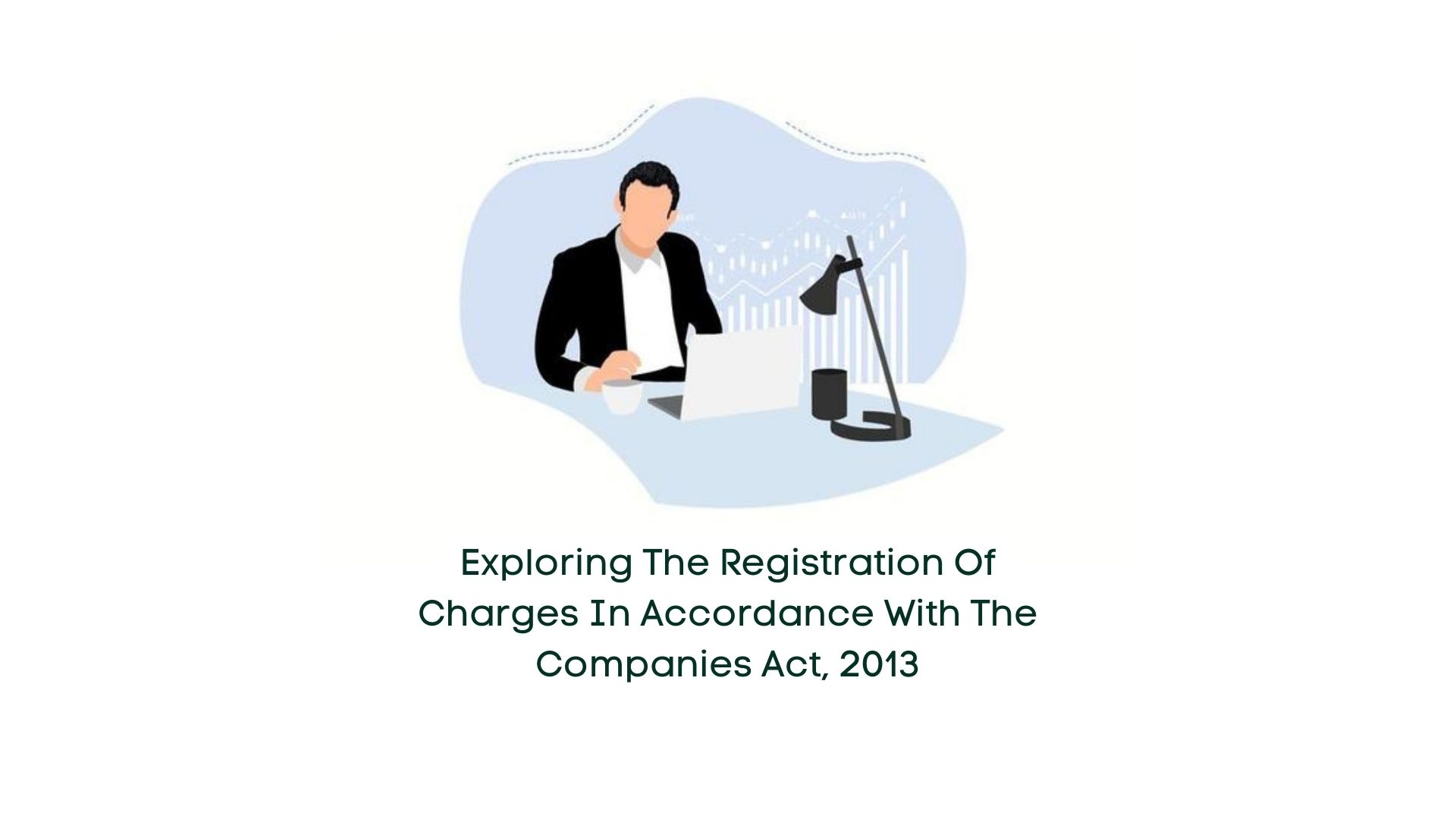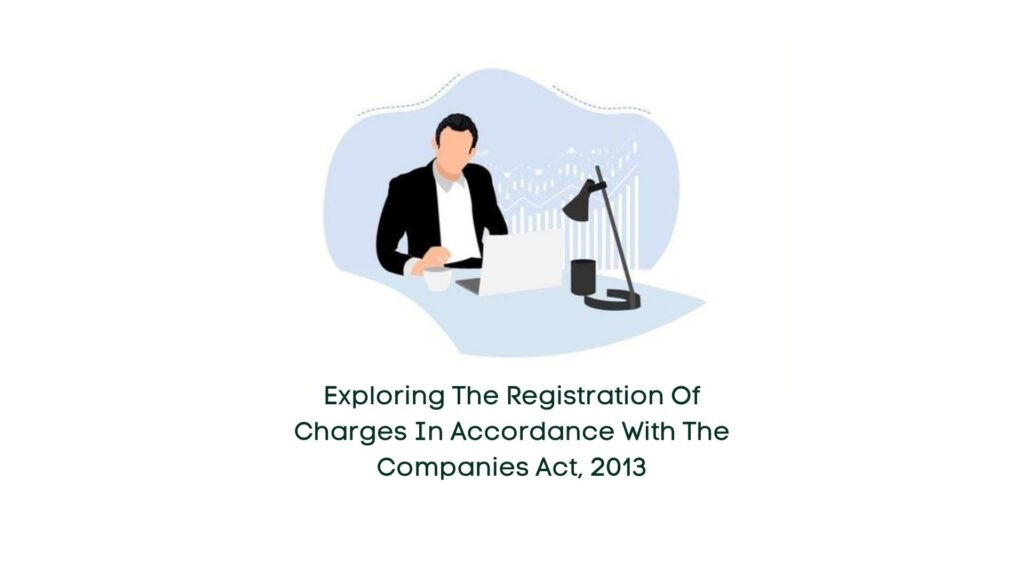
29 Feb Exploring the Registration of Charges in Accordance with the Companies Act, 2013

In the realm of corporate finance, companies often seek avenues for capital infusion to fuel their growth, expansion, or undertake various projects. This typically involves leveraging both equity and debt capital, with borrowed funds being sourced through avenues such as debentures or financial institutions.
However, lenders, whether banks or financial institutions, are cautious about the security of their loans and seek assurances for their repayment, often in the form of a charge on the assets of the borrowing companies.
Understanding the Concept of Charge
A charge, in essence, is a security interest granted to lenders to secure loans or debentures by mortgaging the assets of the company. It signifies the company’s commitment to use specific assets as collateral for the repayment of debts and interest to the creditor.
Under the Companies Act, 2013, a charge encompasses various interests or liens created on the company’s property or assets, serving as security, including mortgages.
Types of Charges
Charges under the Act typically fall into two categories:
- Fixed Charge: This type of charge is associated with specific, identifiable assets at the time of its creation. The company cannot transfer such assets without settling the dues to the charge holder.
- Floating Charge: Unlike fixed charges, floating charges are dynamic and cover fluctuating assets like inventory or receivables. They can transform into fixed charges under certain circumstances.
Relevance of Section 77 of the Act
Section 77 mandates the registration of charges, ensuring transparency and legal validity. It applies when a company acquires property subject to a charge or modifies existing charges. Registration involves submitting particulars of the charge along with relevant documents to the Registrar of Companies.
Form and Procedure for Registration
The registration process entails filing particulars of the charge with the Registrar of Companies within the stipulated period. Failure to do so can result in seeking condonation of delay from the Central Government. Charges are registered using prescribed forms and accompanied by requisite fees.
Extensions and Additional Periods
In cases where registration exceeds the initial timeframe, provisions allow for an extension of up to 300 days, subject to additional fees. Applications for such extensions must adhere to specified procedures.
Implications of Non-registration
Non-registration of charges can have serious repercussions, including rendering the charge invalid for liquidation or creditor claims. The Act also prescribes penalties for contraventions, holding companies and officers accountable.
Conclusion
Navigating corporate regulations, especially concerning charge registration, is crucial for businesses in India. Compliance ensures transparency, legal validity, and protects the rights of creditors and stakeholders. This overview sheds light on the intricacies of charge registration under the Companies Act, 2013, emphasizing the importance of adhering to regulatory frameworks for a fair and sustainable business environment. Stay tuned for more insightful content on corporate practices.


No Comments